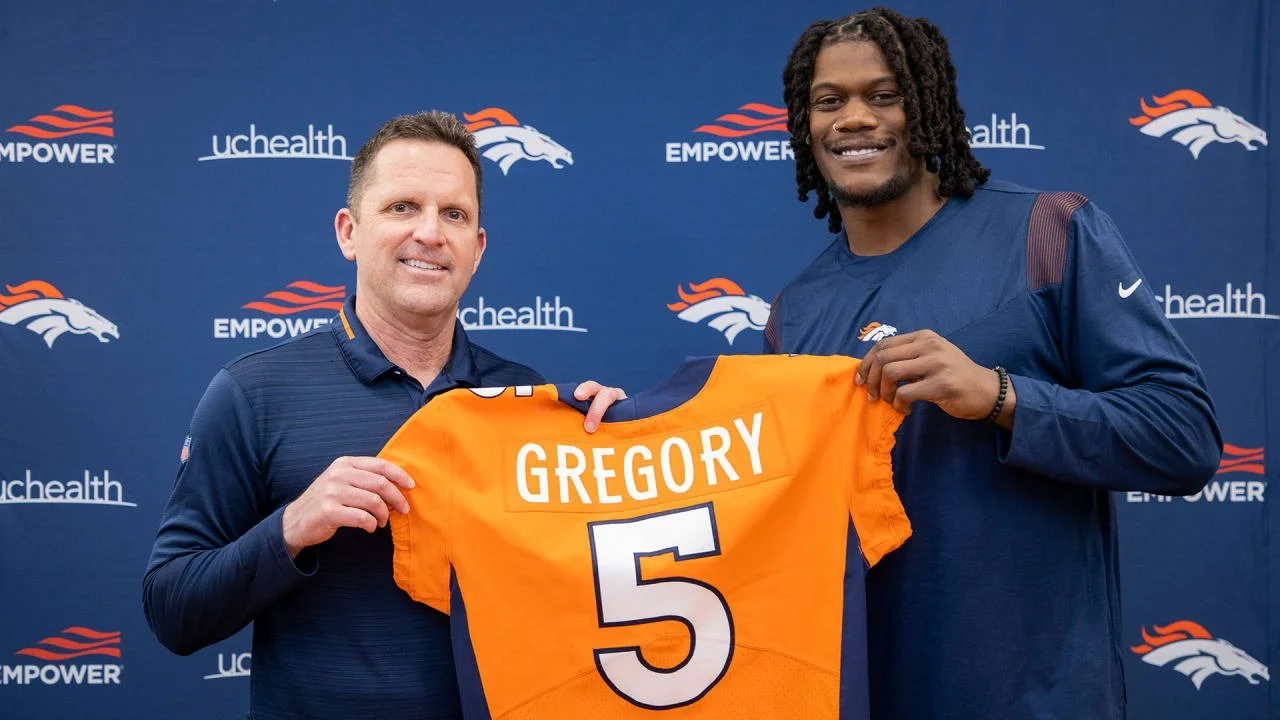NFL Moves To Dismiss Player’s Lawsuit Over Penalties For Cannabis Medication Use, Saying THC Can Cause Injuries And ‘Alienation’ Of Fans
The NFL and the Denver Broncos are asking a federal court to reject a player’s lawsuit alleging discrimination over penalties he incurred due to positive THC tests from his prescribed use of a synthetic cannabinoid.
In a joint motion to dismiss filed with the U.S. District Court for the District of Colorado last week, the league and team defended their marijuana policy for players, affirming it’s their view that use of cannabis can lead to on-field injuries, poor job performance and “alienation of the fans.” And they challenged the discrimination claims from Randy Gregory, who played for the Broncos before transferring to the San Francisco 49ers.
Gregory filed his suit in a state district court last month, arguing that NFL and the Broncos violated the Colorado Anti-Discrimination Act (CADA) by penalizing him for using the Food and Drug Administration- (FDA) approved cannabis medication dronabinol to treat anxiety, post-traumatic stress disorder (PTSD) and pain. The case was moved to the federal court earlier this month.
The defendants responded by arguing that those claims are “completely preempted” by the federal Labor Management Relations Act (LMRA), and they said U.S. Supreme Court and federal circuit court precedent on collective bargaining agreements demonstrate that “Plaintiff’s claims under state law must be dismissed.”
The motion to dismiss also asserts that Gregory’s allegation that the NFL and Broncos violated Colorado’s anti-discrimination law falls flat because the statute doesn’t expressly protect workers from being penalized over marijuana use, regardless of whether its used for medical purposes in compliance with state law.
“Accordingly, even accepting Plaintiff’s allegations as true, the Court should dismiss Plaintiff’s Complaint in its entirety,” it says.
The league and team defended the current policy, noting that it “contains detailed requirements and protocols for testing all players and makes clear that the use of substances prohibited under the Policy, including specifically THC, ‘can lead to on-the-field injuries, to alienation of the fans, [and] diminished job performance’ as an NFL player.”
CONTINUE READING THIS NEWS HERE


